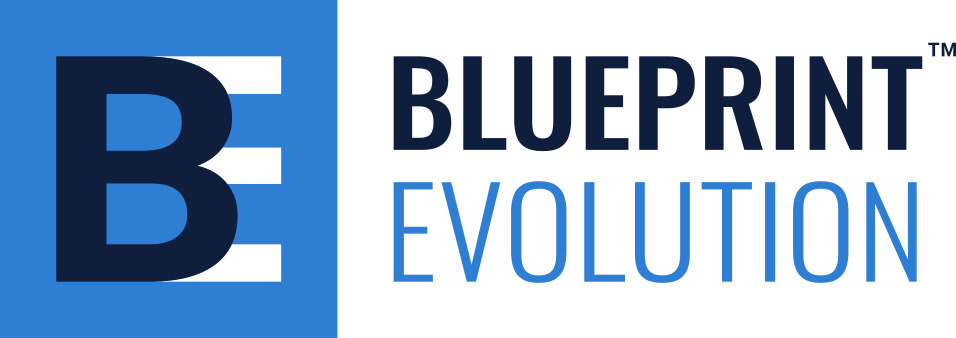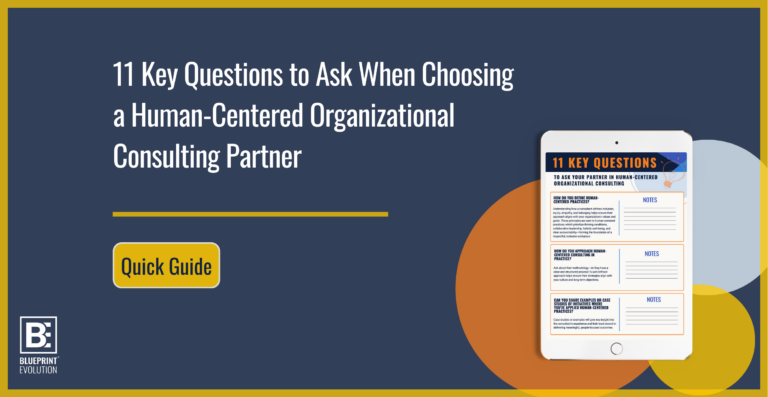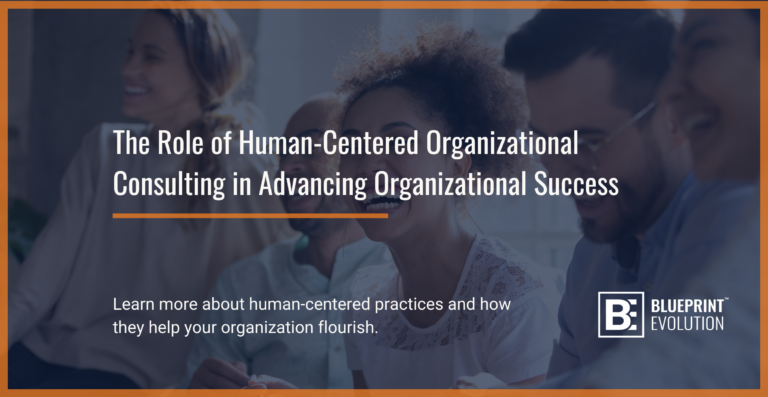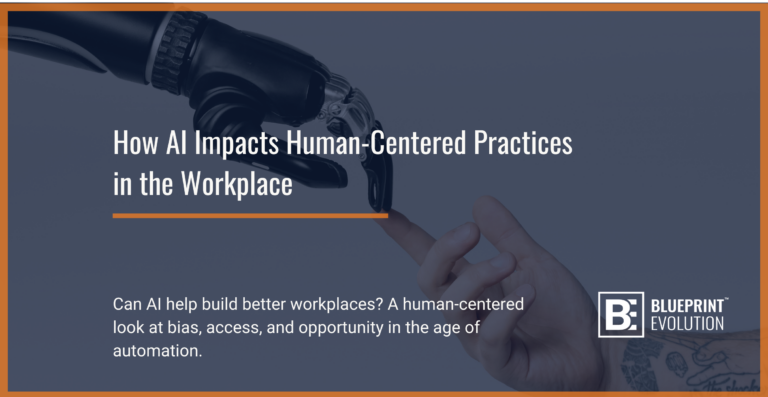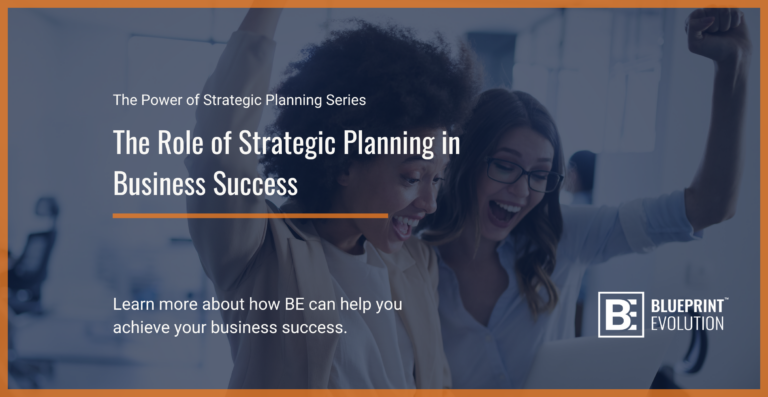Expert Guidance and Support in Cultivating a Workplace that Values Human-Centered Policies
Developing inclusive policies and practices is essential for cultivating a workplace that values all involved. Our consultants play a crucial role in supporting companies with this endeavor. They collaborate closely with organizations to evaluate current practices, pinpoint areas for enhancement, and implement effective strategies that advance human-centered practices. Through their expertise, our consultants empower companies to foster an environment where every employee feels valued and supported.
The Importance of Inclusive Policies and Practices
Inclusive policies and practices not only drive better financial performance but also enhance employee satisfaction, reduce turnover, and foster innovation. Benefits of Inclusive Policies and Practices:
- Improved Employee Engagement: Employees who feel valued and included are more likely to be engaged and committed to their work.
- Enhanced Innovation: Effective teams bring a variety of perspectives, leading to more innovative solutions.
- Attraction and Retention of Talent: Companies that implement human-centered policies are more attractive to top talent and have lower turnover rates.
- Better Decision Making: Inclusive teams make better decisions up to 87% of the time, according to research from Cloverpop.

The Blueprint Process
Developing human-centered policies involves implementing practices and procedures that promote and value all perspectives throughout the organization. This includes:
- Recruitment and Hiring: Implementing strategies to attract a varied pool of candidates and eliminating bias in the hiring process.
- Promotion and Compensation: Ensuring fair opportunities for career advancement and equitable pay for all employees.
- Flexible Work Arrangements: Offering adaptable work schedules to accommodate the needs of your workforce.
- Accessibility: Making sure your workplace is accessible to employees of all abilities and backgrounds.
Contact us today to learn more about how we can help you achieve your goals and enhance your organizational experience.
OUR HUMAN-CENTERED CONSULTING SOLUTIONS

Conducting equity and inclusion assessments entails gathering employee data and feedback to evaluate the organization’s current cultural climate and level of inclusion. This process may include analyzing demographic data, conducting employee surveys, holding focus groups, and reviewing policies and practices. By assessing the organization’s cultural landscape, leaders can identify areas of strength as well as gaps or challenges that need to be addressed.
Developing inclusive policies and practices means implementing policies and procedures that promote human-centered policies throughout the organization. This includes policies related to recruitment, hiring, promotion, and compensation that are designed to minimize bias and ensure equitable treatment for all employees. In addition, fostering an inclusive work environment entails implementing practices that accommodate diverse perspectives, such as offering flexible work arrangements and ensuring accessibility for all employees’ needs.
Providing employee training and education on human-centered topics is essential for fostering awareness and understanding among all community members. These programs cover various subjects, including unconscious bias, cultural transformation, inclusion, and respectful and effective communication and conflict resolution. Through continued investment in education, organizations empower employees to identify and address bias, promote inclusive behaviors, and play active roles in cultivating a more welcoming and equitable workplace culture.
Leadership development initiatives concentrate on equipping managers and executives with the skills and knowledge required to lead inclusively. This includes offering training and coaching on subjects like inclusive leadership practices, effective communication across diverse teams, and mitigating bias in decision-making. Leaders who excel at empowering their teams to thrive while navigating diverse perspectives are instrumental in driving innovation and organizational success.
Establishing metrics and accountability mechanisms is crucial for tracking progress and ensuring accountability for human-centered initiatives. This involves setting clear goals and targets and regularly measuring and reporting on key metrics, such as workforce demographics, employee engagement, and representation in leadership roles. By holding leaders and teams accountable for achieving goals, organizations can drive meaningful change and create more equitable and inclusive workplaces.
- Workplace Assessments
-
Conducting equity and inclusion assessments entails gathering employee data and feedback to evaluate the organization’s current cultural climate and level of inclusion. This process may include analyzing demographic data, conducting employee surveys, holding focus groups, and reviewing policies and practices. By assessing the organization’s cultural landscape, leaders can identify areas of strength as well as gaps or challenges that need to be addressed.
- Inclusive Policies & Practices
-
Developing inclusive policies and practices means implementing policies and procedures that promote human-centered policies throughout the organization. This includes policies related to recruitment, hiring, promotion, and compensation that are designed to minimize bias and ensure equitable treatment for all employees. In addition, fostering an inclusive work environment entails implementing practices that accommodate diverse perspectives, such as offering flexible work arrangements and ensuring accessibility for all employees’ needs.
- Employee Training & Education
-
Providing employee training and education on human-centered topics is essential for fostering awareness and understanding among all community members. These programs cover various subjects, including unconscious bias, cultural transformation, inclusion, and respectful and effective communication and conflict resolution. Through continued investment in education, organizations empower employees to identify and address bias, promote inclusive behaviors, and play active roles in cultivating a more welcoming and equitable workplace culture.
- Leadership Development
-
Leadership development initiatives concentrate on equipping managers and executives with the skills and knowledge required to lead inclusively. This includes offering training and coaching on subjects like inclusive leadership practices, effective communication across diverse teams, and mitigating bias in decision-making. Leaders who excel at empowering their teams to thrive while navigating diverse perspectives are instrumental in driving innovation and organizational success.
- Metrics & Accountability
-
Establishing metrics and accountability mechanisms is crucial for tracking progress and ensuring accountability for human-centered initiatives. This involves setting clear goals and targets and regularly measuring and reporting on key metrics, such as workforce demographics, employee engagement, and representation in leadership roles. By holding leaders and teams accountable for achieving goals, organizations can drive meaningful change and create more equitable and inclusive workplaces.
ORGANIZATIONAL MANAGEMENT SOLUTIONS
Recent Blogs
Check out our other content on this topic!
